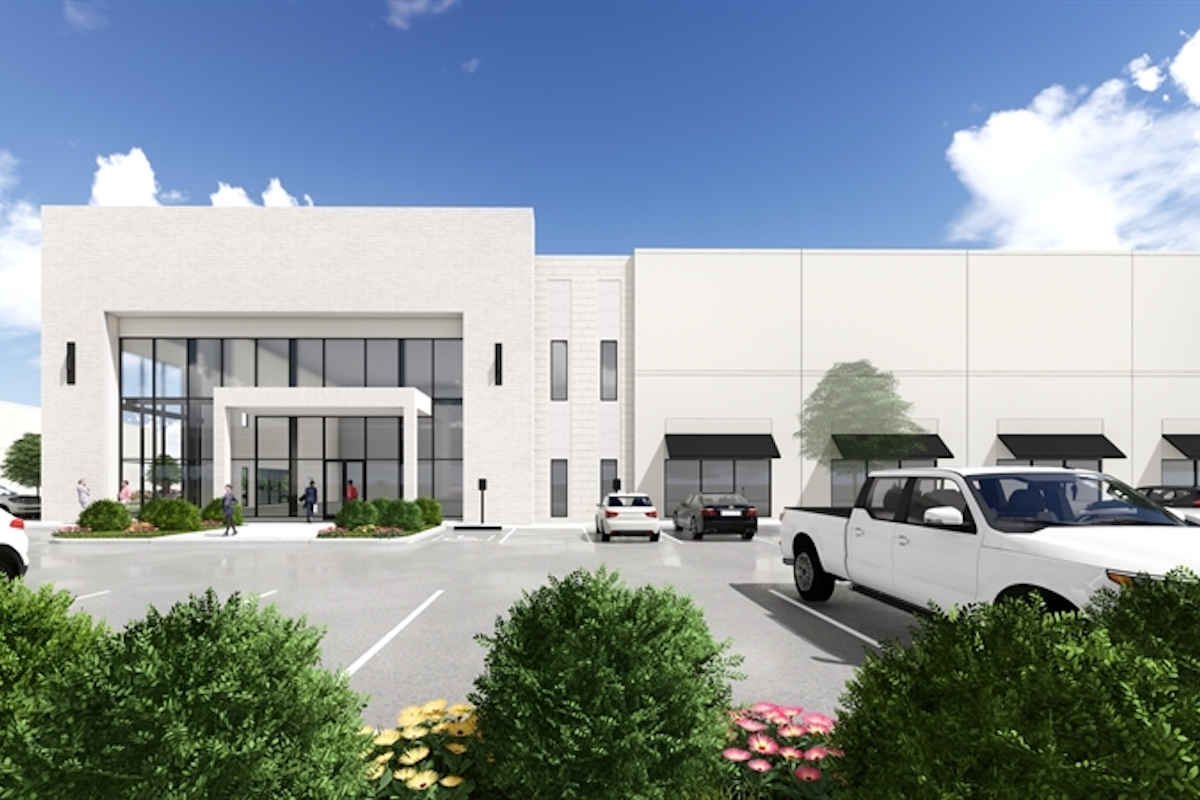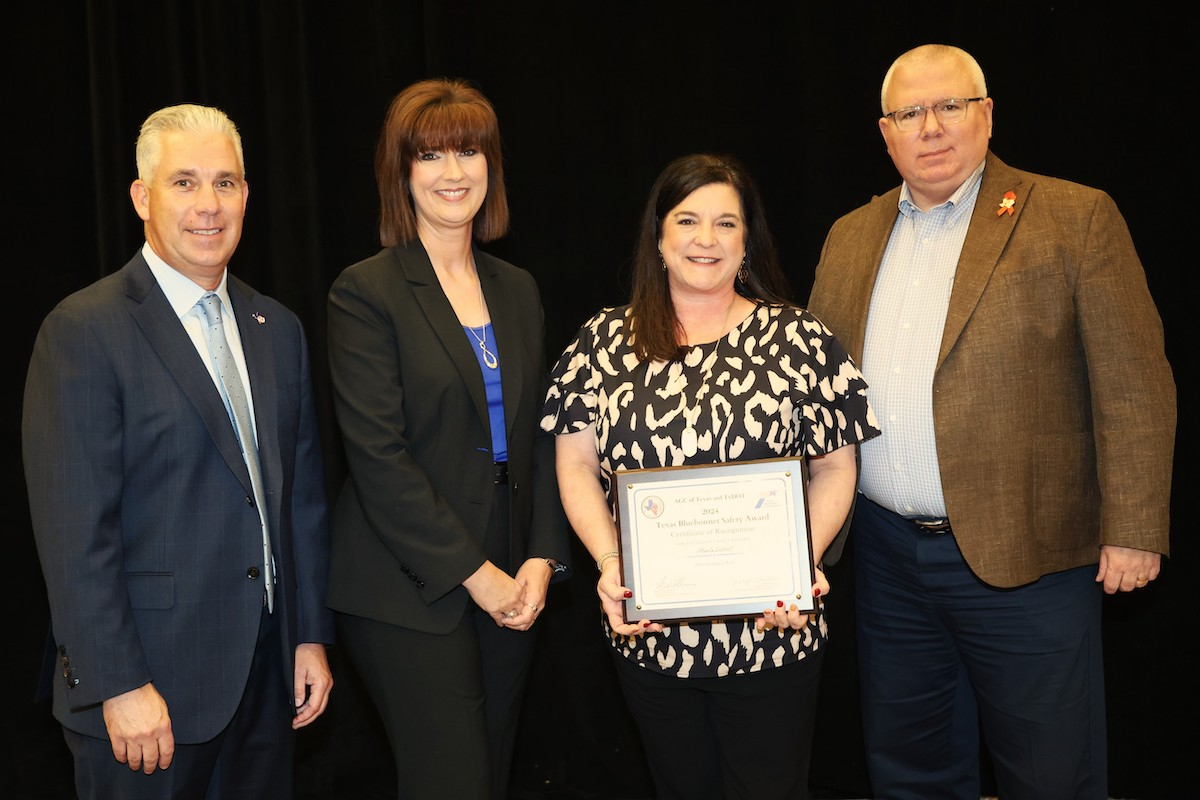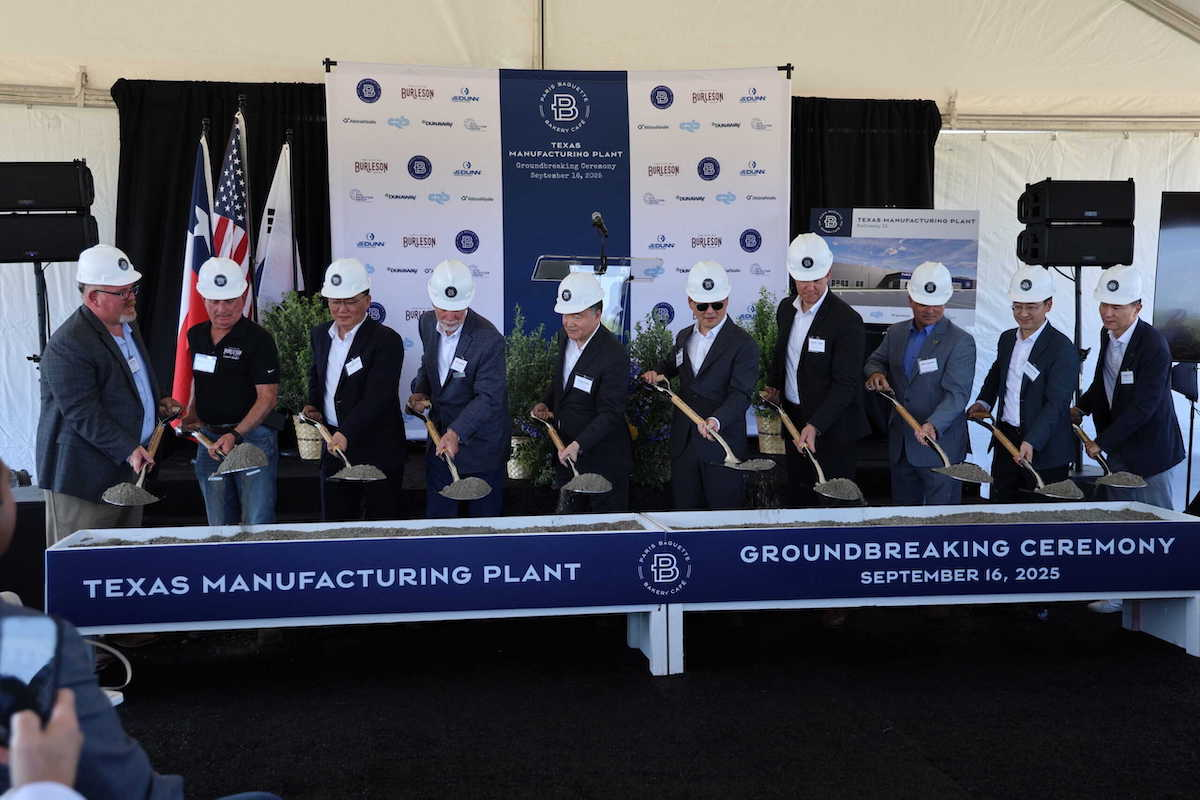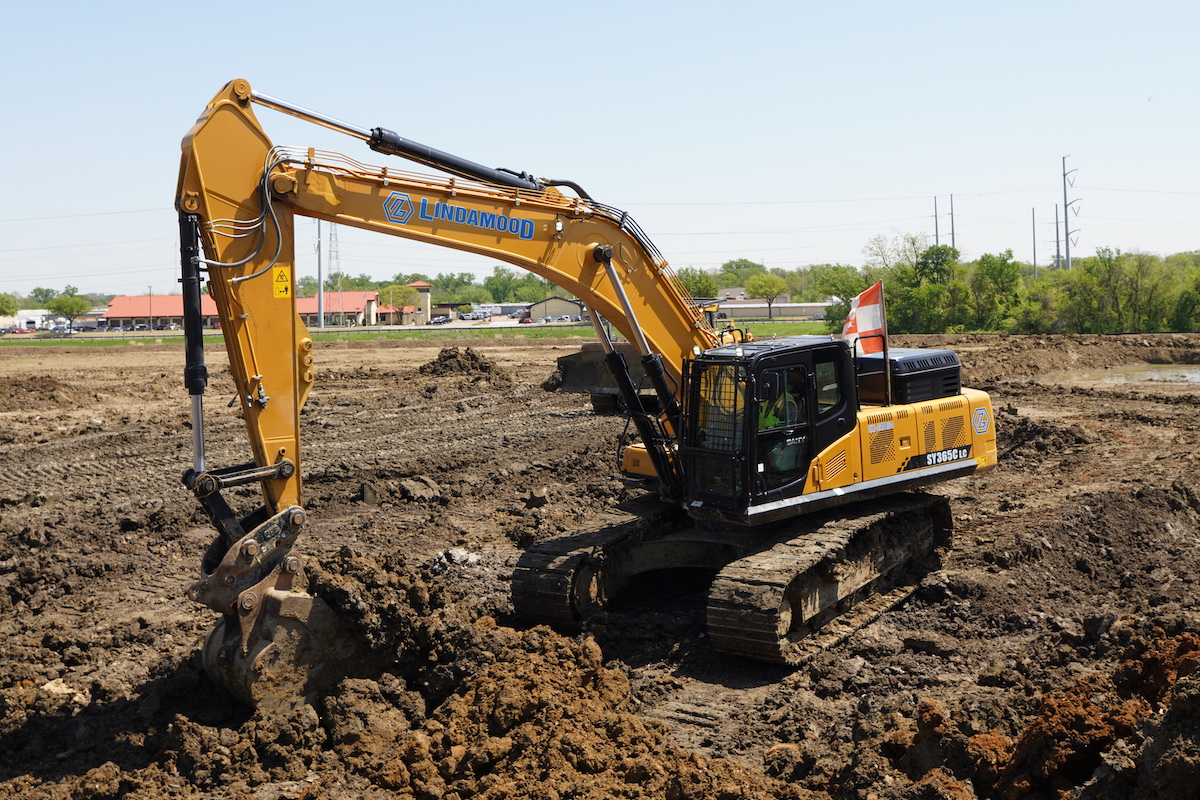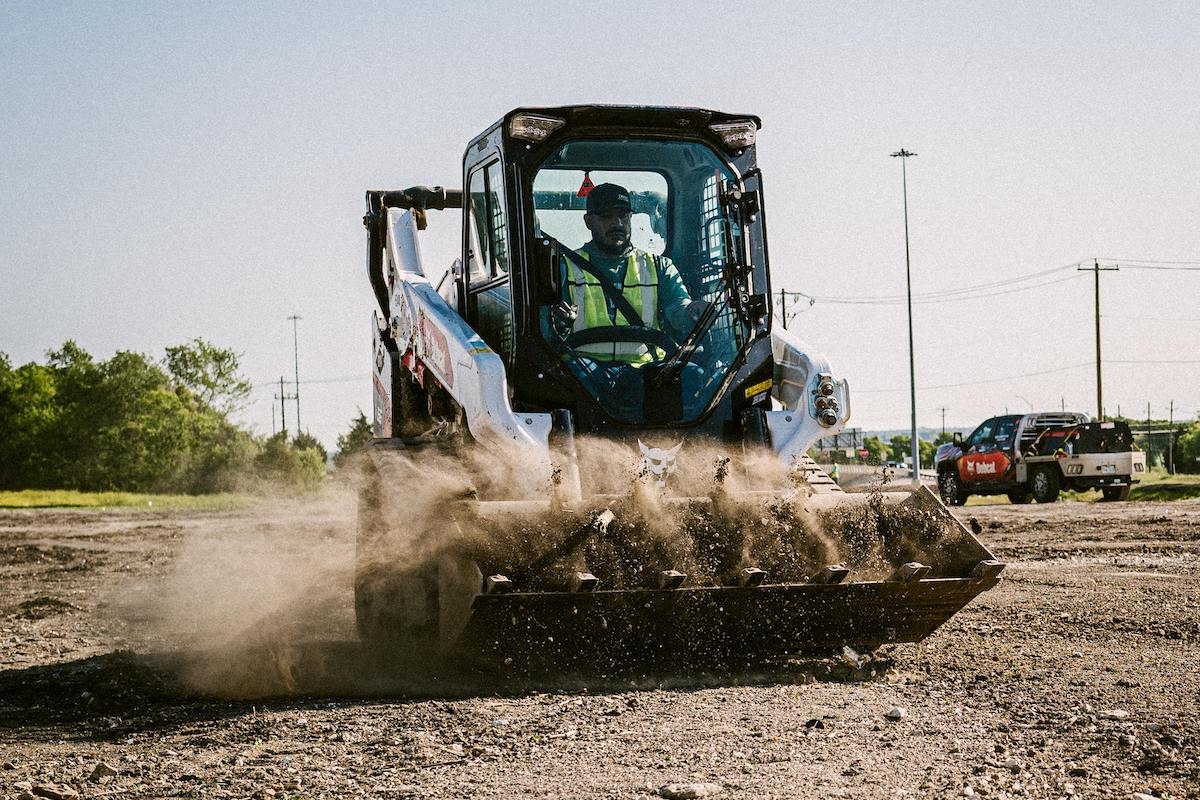Of the 7,324 bills introduced during the 86th Legislative Session, only 1,429 were signed into law. As grim as these statistics may appear, the journey to the Governor’s desk is long and sometimes unpredictable. Whether hoping a bill will fizzle out in committee, or be fast tracked into law, the deadlines for the 2021 session listed below are important to follow when tracking legislation:
- November 9, 2020 – First day to pre-file bills for the 87th Legislature
- January 12, 2021 – 87th Legislature convenes
- March 12, 2021 – Deadline to file bills and joint resolutions, other than local bills, emergency appropriations and emergency matters submitted by the Governor
- May 31, 2021 – Last day of 87th regular session
- June 20, 2021 – Last Day for the Governor to sign or veto bills passed during the 87th regular session
- August 30, 2021 – Effective date (91st day after adjournment)
In 2021, there will undoubtedly be legislation introduced that will affect members of the construction industry. Below is a non-exhaustive list of potential legislation in 2021 that could have a major impact on the construction industry:
If enacted, for contracts of $1 million or more, government entities may not withhold retainage in an amount that exceeds five percent of the contract price, and the rate of retainage may not exceed five percent for any item in a bid schedule, including materials and equipment delivered on-site to be installed. Importantly, in most situations, the prime contractor would not be able to withhold from a subcontractor a greater percentage of retainage than the percentage that would be withheld from the prime contractor by the governmental entity.
Additionally, for a competitively awarded contract with a value of $10 million or more, and for a contract that was awarded using a method other than competitive bidding, a governmental entity and prime contractor may agree to deposit in an interest-bearing account the retainage withheld on periodic contract payments.

| Your local Liebherr Construction Eq dealer |
|---|
| Nueces Power Equipment |
HB 692 also seeks to amend when government entities are entitled to withhold retainage from contractors. Owners and contractors should track this bill closely. If enacted, government entities and contractors would be forced to think of additional methods to ensure performance.
Owners should track this bill closely, as it could affect their ability to hold contractors liable for design defects or omissions in certain situations.
Each legislative session typically has two or three key issues that result in much debate and consume much of the second half of the session. As a result, many bills, including those that may be important to the construction industry, die if they are stuck in a legislative backlog or overshadowed by a hot-button issue (e.g., the Bathroom Bill and Sanctuary City Legislation in 2017). With pandemic related legislation grabbing most of the focus this year, we can expect many of these bills to monopolize the session.
Apart from tracking the progress of legislation, one the best ways to get involved and stay in the loop during the 87th regular session is to join or participate in a trade association. Typically, these industry associations monitor and report on bills that could specifically impact the construction industry. Moreover, it is important to get to know your legislator and attend local fundraising events. Always remember, your elected officials are there to serve you – do not hesitate to pick up the phone and call your legislator’s office if there is an issue that is important to you or your company.














